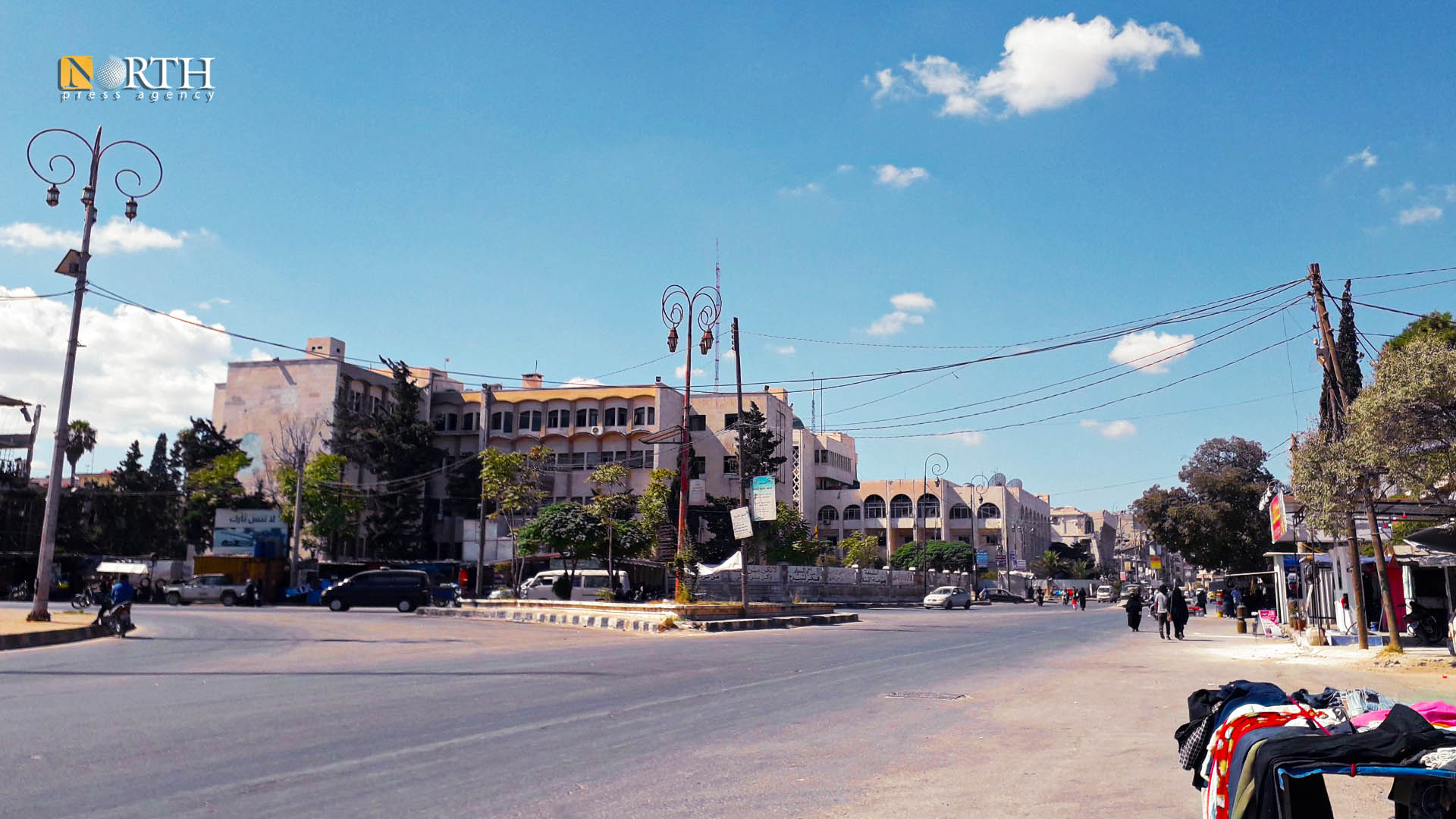IDLIB, Syria (North Press) – 12-year-old Tariq al-Saloum goes to a construction workshop in Idlib, northwestern Syria, every day in order to provide for his mother and three siblings after the death of his father two years ago in a government detention center.
The Syrian war created a large number of orphans who lost one or both of their parents, and must live between the suffering of loss and need in the absence of any party that cares for them or sponsors them.
According to a statement by the Response Coordinators Team on the 28th of December 2020, the number of orphans in northwestern Syria reached 198,632, while the number of widowed women without a breadwinner reached 46,892.
No sponsor
Tariq’s family has no additional income other than their son’s work, with the exception of a monthly food basket they receive like other families.
This child, like hundreds of orphans in Idlib who remain without any sponsor after the death of their parents, face limited income and an unknown fate.
When he comes of age, the child finds himself faced with the responsibilities of hard work to secure the expenses of daily life, so he is forced, like Tariq, to leave school due to his inability to reconcile between school and work.
No care:
Widows with children have double responsibilities, including care, education, and work to provide a source of income for their families.
Disaster occurs when the mother leaves her responsibilities under pressure of parents or the surrounding community and remarries, leaving her children facing delinquency, loss, and exploitation.
39-year-old Walida Bakri, a displaced person from the city of Saraqib, lost her husband since 2018 in a war raid and is forced to leave her five children all day inside their tent to go to work in agricultural workshops.
Every evening, Bakri returns to begin the task of doing housework and preparing food.
“I feel sorry for my children, but I must work to survive,” she said.
50-year-old Aisha Muhaimid, an IDP in a camp in the town of Kelli in the northern countryside of Idlib, is caring for her two granddaughters, aged five and seven, after the death of their father and abandonment by their mother.
“The two young girls have known nothing but pain and torment in their lives, as they lack care and tenderness, and I can’t stop thinking about their fate after my death,” she said.
Psychological suffering
The absence of parents may affect children’s mental health and may lead to depression and weaken their social relationship with others, according to Walid Matar, a worker in the field of awareness and psychological counseling from the city of Sarmada.
Matar indicated that mental disorders manicest through lack of focus, sleep disturbances, aggressive behavior, and lack of self-confidence.
“Orphaned children also feel psychological loneliness, and it may extend to affecting mental, emotional, and cognitive development,” she added.

